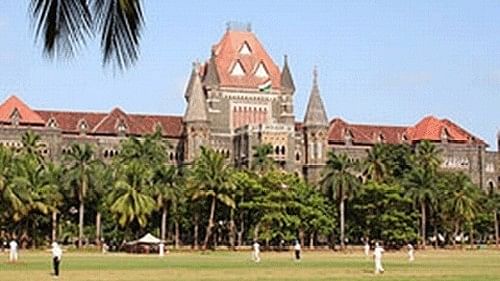
The Bombay High Court.
Credit: PTI File Photo
Fantasy gaming unicorn Dream 11’s parent company Sporta Technologies Private Limited has filed a writ petition with the Bombay High Court challenging tax authorities over claims of unpaid Goods and Services Tax (GST) dues, court filings show.
This is after the real money gaming company was slapped with a pre-showcause notice by the Directorate General of GST Intelligence (DGGI) over GST dues, specifically for evading 28 per cent GST on the face value of bets.
Reports suggested that the notice is for an amount of around Rs 25,000 crore, which would make it possibly the single largest indirect tax notice sent by Indian authorities.
This is significantly higher than those imposed earlier on Gameskraft, another gaming company that, according to authorities, hasn’t paid Rs 21,000 crore in tax dues. Gameskraft had filed a similar writ petition with the Karnataka High Court, which quashed the DGGI’s notice.
This was however upheld later by the Supreme Court, which might have been a trigger for the fresh showcause notices being served to other RMG companies, experts said.
Senior executives at two rival gaming companies, who did not wish to be named, confirmed to DH that they are expecting GST notices soon, following which they would seek legal recourse.
Gaming companies and tax authorities are disputing over how RMG should be taxed, with companies claiming that they should be charged GST only on the platform fee they levy, while tax authorities say the whole value of bets placed by players fall under the purview of GST.
The GST council, in July, had decided to impose an 28% GST on the face value of bets, irrespective of the game being of skill or chance.
While the new tax slab is supposed to come into effect from October 1, Revenue Secretary Sanjay Malhotra had earlier mentioned that the GST Council’s decision was clarificatory in nature and the GST rates had always been set at 28% of the full face value of bets, legitimising further DGGI action.
Experts DH spoke to said the investigation into tax evasion by RMG companies had been ongoing for years, and many other companies are expected to receive similar notices in the coming weeks.
Companies also have the option to appeal before the adjudicating authority if showcause notices are issued and they don’t agree to the demands raised.
“While there is clarity now on the GST tax slab their activities fall under, clearing out the past will be an issue for these companies as they were not collecting this GST amount from customers earlier. No companies have the resources to pay back these dues and they might have to arrive at a settlement instead,” said Sanjeev Sachadeva, Partner at Luthra and Luthra.
‘Evade dues’
However, other experts said companies were most likely aware of the tax bracket they fall under but were hoping that lobbying would help them evade paying dues from 2017-2023.
The Supreme Court is set to hear the matter on Gameskraft again in the coming weeks, which is expected to provide some direction to the rest of the industry, they said.